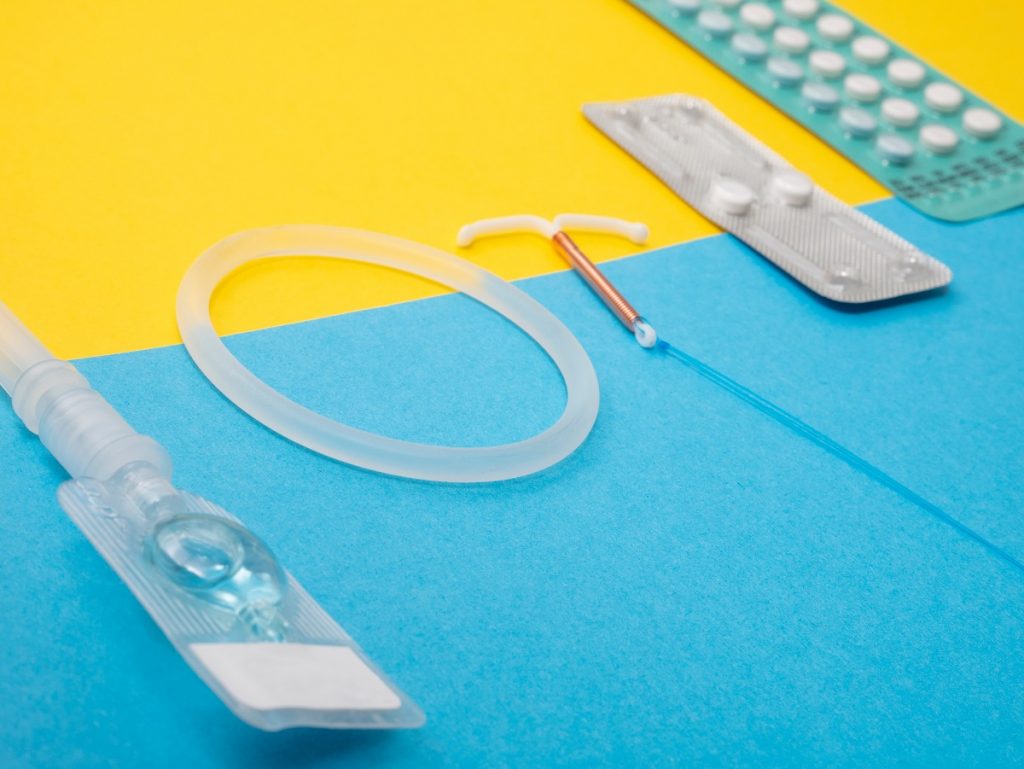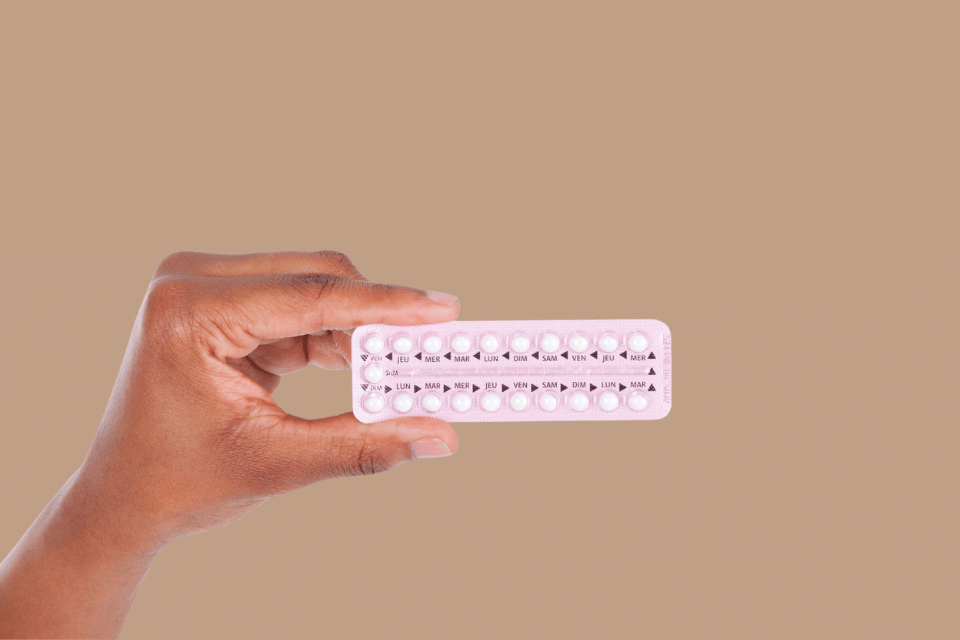Having periods sucks – any way you spin it. The blood loss, period pains and bloating all make for a generally awful experience. But if you’re not wanting a child, going a month without your periods could be even worse: the anxiety, and having to scour the internet for articles like this. Here, the most likely scenarios informing your period’s latest Houdini.
1/ You’re Under Stress
And before you declare that what’s been going on it’s that bad, hear this: your hypothalamus (a gland in your brain) is responsible for producing, inhibiting and releasing hormones. It’s also very sensitive to stress. Any big life event, like a big move, death, breakups, a new boss could all shake you up enough to affect your hormone’s regular production. Over a period of time (which varies from weeks to months, depending on how your body reacts to the stress), your body decides to focus on other essential functions, postponing your periods until your body can recover. FYI: Physical stress, like a surgery or disease can also delay your periods.
What to do: Chat to your doctor about what’s worrying you. Try to manage your stress by exercising, meditating or speaking to a therapist taking the necessary moves with your injury or disease.
2/ Your Weight Has Fluctuated
Have you gained a bunch of weight recently? Or lost a bunch, in a short amount of time? That might be why your period is late. Extreme fluctuations trigger – you guessed it – hormonal imbalances that’ll affect the production of hormones needed for ovulation. This is another form of physical stress, which will spur your body to protect you by ceasing ovulation, which in turn suppresses your period. Excessive exercise (which will likely influence your weight), will also create a delayed period. There might be a noted change in the pattern and flow of menstruation.
What to do: Make a few lifestyle changes to bring your body back into sync. Scale down the workouts, bring balance back to your meals, and chat to a therapist if you need to.
3/ You’re Using Contraception
Some forms of contraception, like the progestin-only pill, the injection or an IUD, could cause your periods to stop altogether. Switching to a new kind of birth control can also cause a delayed period, but shouldn’t last indefinitely. If it does, chat to your doctor.
What to do: If you’d prefer a regular cycle, you could consider switching birth control.
4/ You Might Have PCOS
Polycystic ovary syndrome is a complex disorder that ultimately affects your periods, along with a host of other symptoms. Some women go months without them. Missing, heavy or irregular periods, along with other factors, could point to PCOS.
What to do: Read this if you suspect you’re dealing with the disorder, then have a chat with your doc.
5/ You’re Dealing With A Thyroid Issue
Your thyroid is a gland located in the neck. It controls some very important bodily functions, like how fast you burn calories and how fast your heart beats. It also helps control your menstrual cycle. When the hormones released by the gland go out of whack, you could have a delayed period. Another symptom associated with hyperthyroidism (that could cause a delayed period) is muscle weakness, weight loss and trembling in your hands and fingers.
What to do: This one calls for professional intervention, so see your doc ASAP.
6/ You’re Undergoing Menopause
Perimenopause is the period before menopause kicks in, and for some women, it could start a little earlier than others – years, even. Menopause is typically between the ages of 45 and 55, and if you have symptoms (hot flashes, night sweats), you could be in it. Perimenopause starts in the mid-to late 40s, but could begin earlier, called early perimenopause. A skipped or delayed period is a tell-tale sign, as is a significant reduction in the length of your periods.
What to do: You may want a doctor’s opinion for confirmation. She can also help you with next steps.
Sources: Healthline, Associates in Women’s Healthcare, NHS UK


